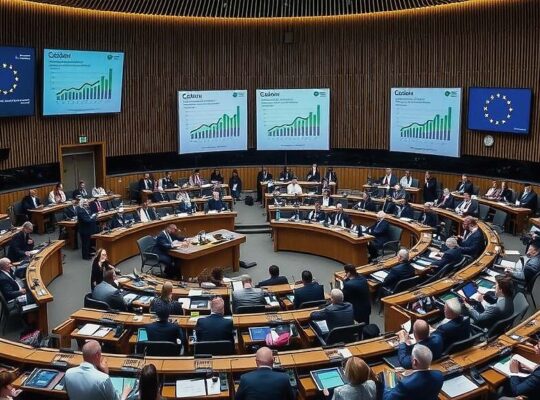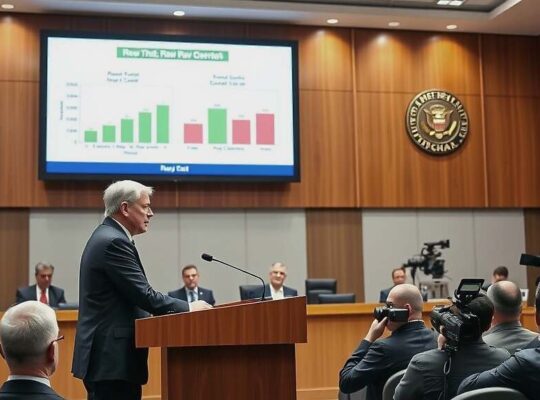A concerning one in four of Germany’s minors now rely on state welfare, a figure revealed by data from various ministries and the Federal Employment Agency (BA) in response to an inquiry by “Welt am Sonntag”. This dependence highlights a deepening socioeconomic challenge with potentially long-term ramifications for the nation’s future workforce.
The statistics demonstrate the scale of the issue: approximately 1.81 million children and adolescents under the age of 18 were receiving Bürgergeld (basic income support under the Social Security Code II) as of mid-year. A further 1.3 million minors were receiving the Kinderzuschlag (child supplement), a benefit designed for families earning too little to cover their children’s basic needs but above the threshold for Bürgergeld eligibility.
Economist Bernd Raffelhüschen has voiced significant concern over the trend, warning that raising a generation dependent on government assistance can lead to “considerable subsequent problems”. He points to studies consistently revealing that young people from families reliant on social welfare are at a higher risk of failing to achieve financial independence later in life. This perpetuates a cycle of dependency that poses a significant strain on social programs and inhibits individual potential.
The data also reveals a noticeable correlation between welfare dependence and migration. According to BA figures, approximately 854,000 individuals receiving Bürgergeld were not German citizens as of June 2024. While children holding multiple citizenships are classified as German for statistical purposes, this statistic underscores the difficulties faced by families, often recent immigrants, in integrating into the German labor market and achieving financial stability. Critics argue that the time lag between immigration and employment significantly contributes to this reliance on governmental support, placing a disproportionate burden on the welfare system and raising complex questions about integration policies and labor market access for newcomers. The figures prompt a critical examination of policies needed to facilitate smoother and faster integration processes, enabling families to transition from welfare dependence to self-sufficiency and participation in the German economy.












